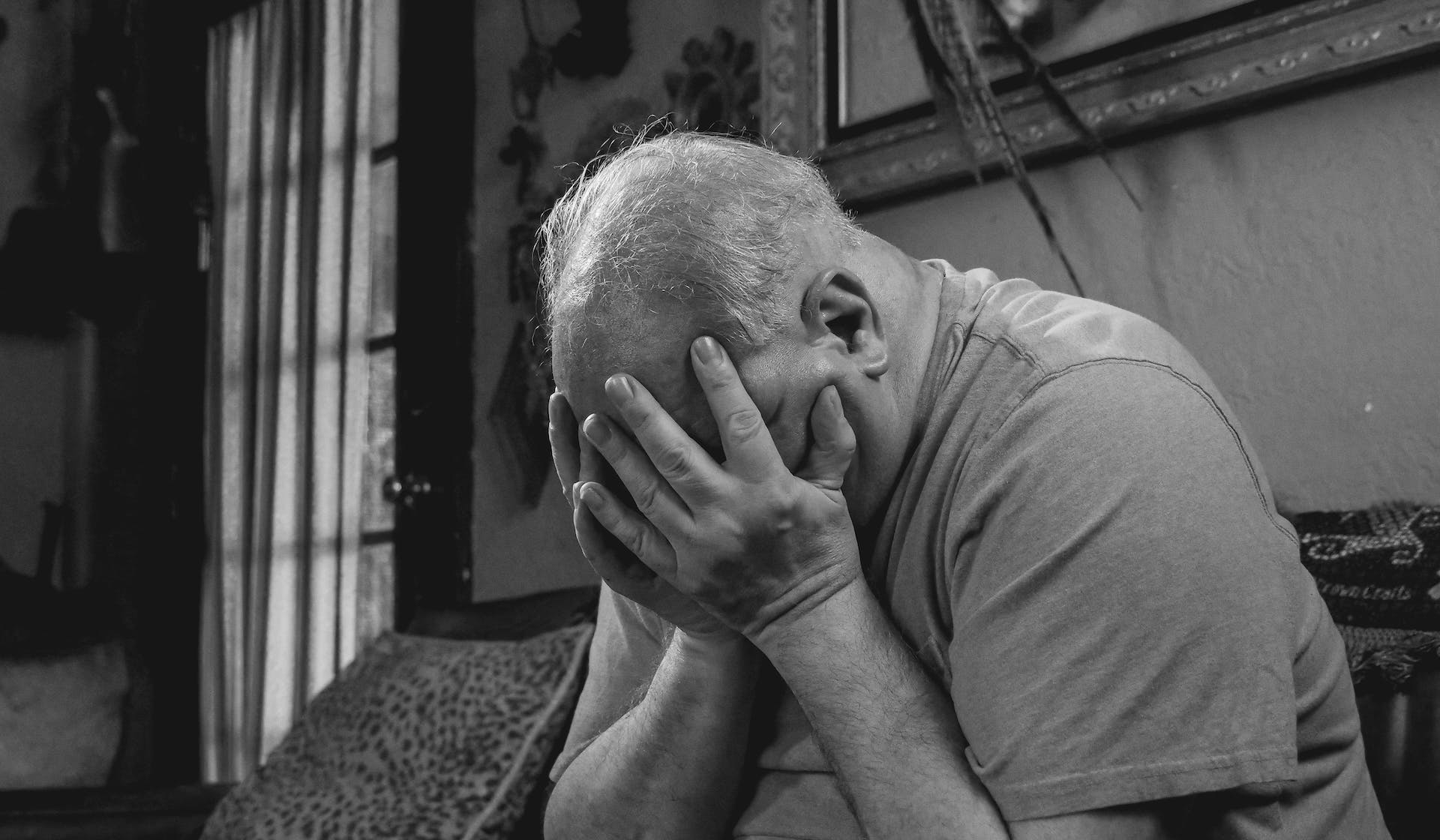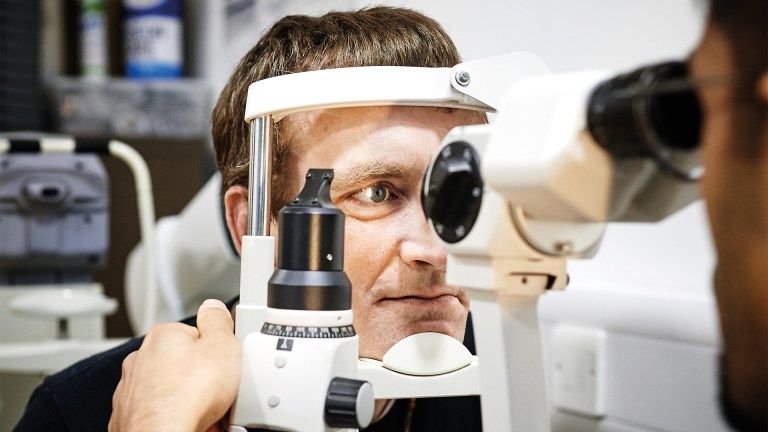What if we saw those missing guides, fathers, mentors, role models – not only as losses to be mourned but as blueprints for how to lead differently: to listen before instructing, to show up when showing up is hardest.
Read more:
Masculinity and the silence epidemic
Much of the crisis is male-shaped. Men still struggle to admit pain or ask for help. When strength is defined only as endurance, breakdown becomes inevitable.
Leadership without vulnerability is brittle. A man who cannot speak of struggle cannot lead through it. And a culture that equates openness with weakness breeds leaders who crack quietly under pressure.
If 250 new claims a day aren’t enough to wake us, what will be? Employers can’t outsource resilience to HR; they must build it through belonging, cultures where people can tell the truth without fear.
Class, mobility and mental load
The crisis isn’t spread evenly. A child born in Doncaster or Dewsbury will experience absence differently from one born in Chelsea. Privilege cushions; poverty exposes. The NEET numbers show how mental health, class and opportunity intertwine.
Advertising helps fund Big Issue’s mission to end poverty
When a young person falls out of education or work, we often see failure. What we should see is a system that failed first: schools without counsellors, employers that prize polish over potential, leaders too distant to notice.
History, though, is full of exceptions: children from broken homes who became builders of institutions; outsiders who learned to navigate chaos and later led others through it. The line between damage and drive can, with support, become transformative.
From treatment to leadership
We can’t medicate our way out of a leadership deficit. Therapy helps, benefits matter, but neither replaces presence. Young people need adults who model possibility; communities need leaders who show up between crises, not just during them.
Belonging doesn’t start in Westminster, it starts in classrooms, youth clubs and workplaces that see potential before performance. The answer isn’t another awareness week; it’s sustained attention, the kind that turns mentoring into infrastructure.
Behind every NEET statistic is a young person waiting to be seen. Behind every benefit claim is someone holding life together without a map.
Why I write this
I was one of those kids. Born fatherless in Yorkshire, raised without a blueprint, I built a life through trial and persistence, from the streets to the boardroom. My book, Built Without a Blueprint, is about turning absence into agency.
Advertising helps fund Big Issue’s mission to end poverty
Britain’s mental health emergency is not only about broken systems; it’s about broken connection. To heal a generation, we must lead the way we wish we’d been led – with empathy, consistency, and presence.
Built Without a Blueprint by Ashley Mills is out from 7 November (Foreshore Publishing, £10.99).
Do you have a story to tell or opinions to share about this? Get in touch and tell us more.
Reader-funded since 1991 – Big Issue brings you trustworthy journalism that drives real change.
Every day, our journalists dig deeper, speaking up for those society overlooks.
Could you help us keep doing this vital work? Support our journalism from £5 a month.
Advertising helps fund Big Issue’s mission to end poverty










